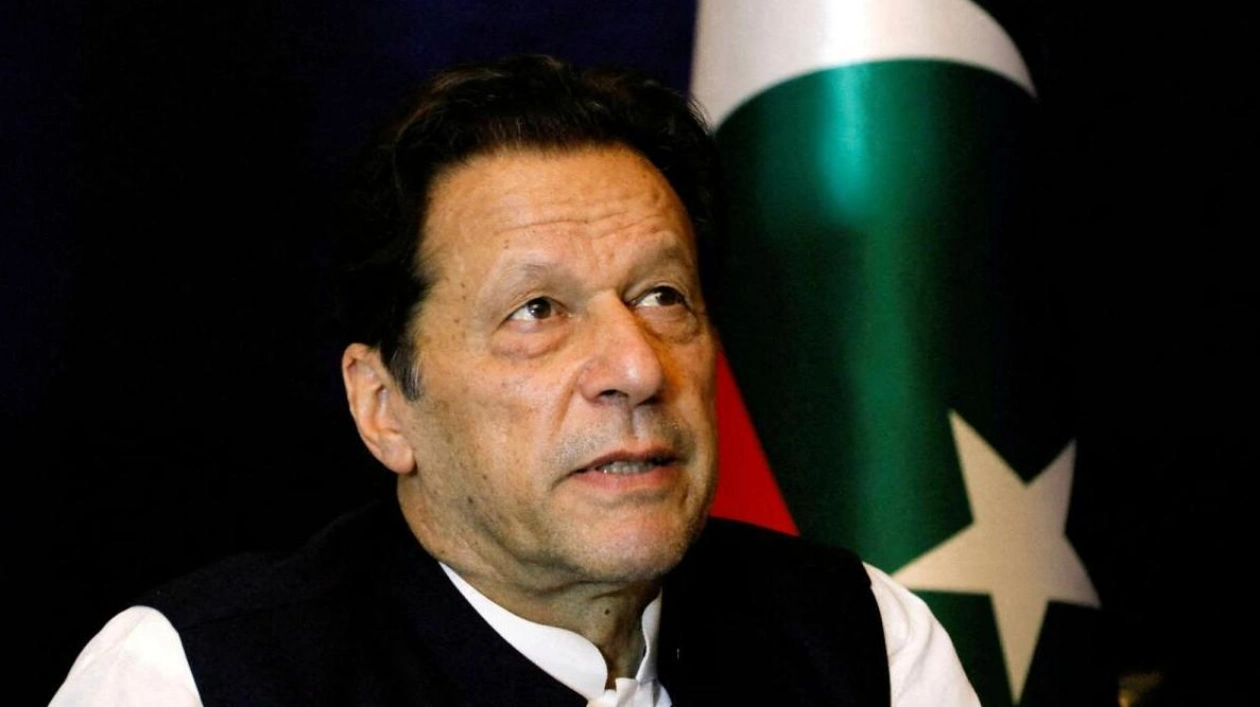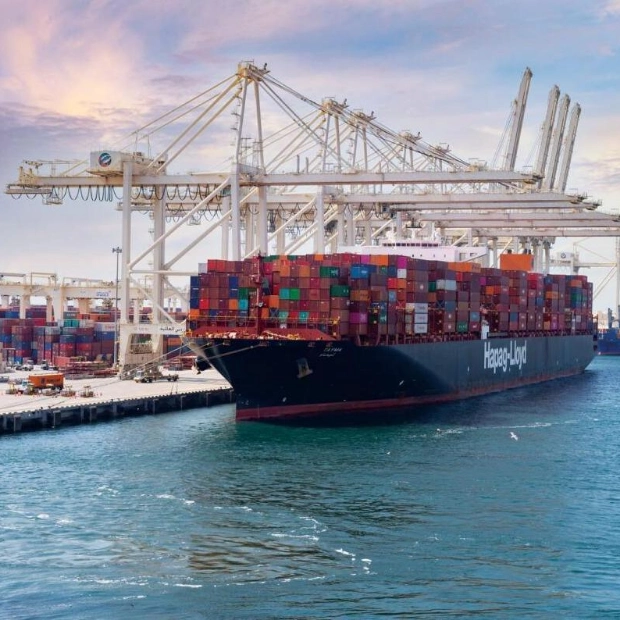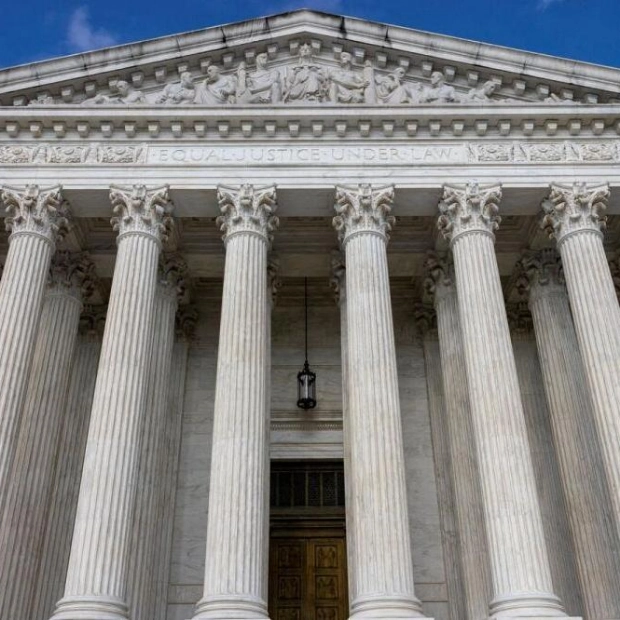Pakistan's imprisoned ex-Prime Minister, Imran Khan, who attributes his removal and incarceration to the military on allegations he considers fabricated, stated on Sunday that maintaining 'excellent' ties with the army would be 'foolish'. As the anniversary of his imprisonment on multiple charges, including corruption and divulging state secrets, approaches, Khan, in written answers to Reuters, expressed no resentment towards the United States, which he also implicated in his 2022 ousting.
'Considering Pakistan's strategic location and the military's substantial involvement in the private sector, it would be unwise not to cultivate this relationship,' Khan wrote, communicated through his media and legal team. 'We take pride in our soldiers and armed forces,' he added. Khan clarified that his criticisms since his removal have targeted specific individuals rather than the military institution itself. 'The errors of the military leadership should not reflect on the entire institution.'
On Wednesday, Khan proposed 'conditional negotiations' with Pakistan's military, contingent on 'clean and transparent' elections and the dismissal of 'false' cases against his supporters. Neither the army nor the government responded promptly to requests for comment on Khan's statements to Reuters, which they have consistently refuted. The United States also denies involvement in his ousting.
In his responses, the 71-year-old former cricket star did not detail what he wished to discuss with the military. Khan, who was ousted via a parliamentary vote of no confidence, claims the army supports politically motivated cases against him, a claim the military denies. Nonetheless, he sees no downside in engaging with the generals if released and aiming to regain power. 'We are receptive to any dialogue that might alleviate Pakistan's dire circumstances,' he said, dismissing talks with Prime Minister Shehbaz Sharif's coalition government, which he asserts lacks public support due to a fraudulent election victory in February.
Instead, Khan believes it more beneficial to engage with 'those who truly hold power'. Khan's incarceration has exacerbated Pakistan's political turbulence, coinciding with an extended economic crisis and a recent bailout from the International Monetary Fund. The political instability following Khan's ousting compelled Islamabad to accept the IMF's stringent fiscal consolidation measures, imposing heavy taxes on the populace, according to analysts. The IMF advocates for political stability to aid the $350 billion economy's recovery.
Khan dismissed the notion of an out-of-court settlement with the government or military unless they acknowledged his PTI party's majority win in February's election. 'The elections were the most fraudulent in Pakistan's history,' Khan asserted.






